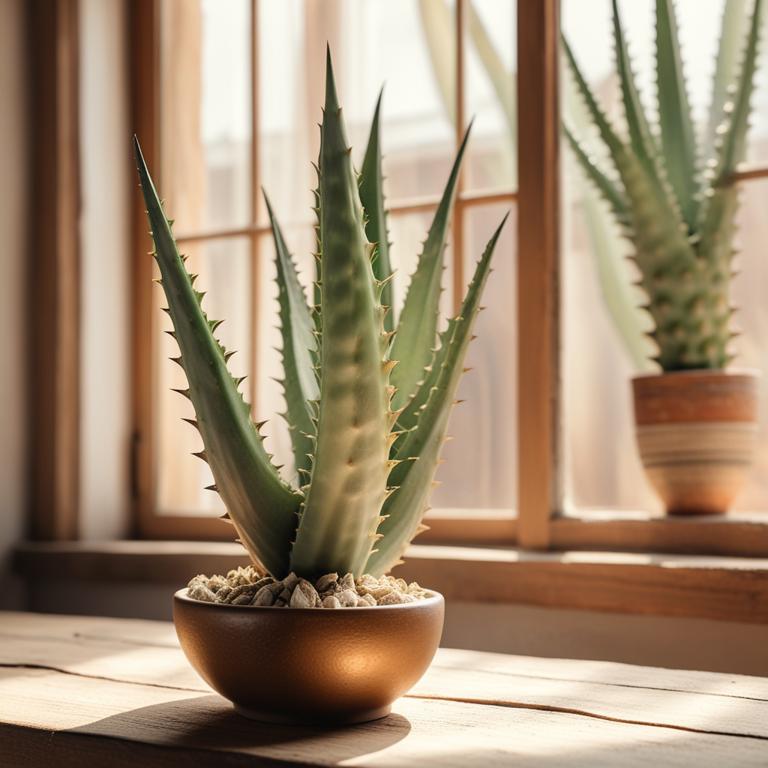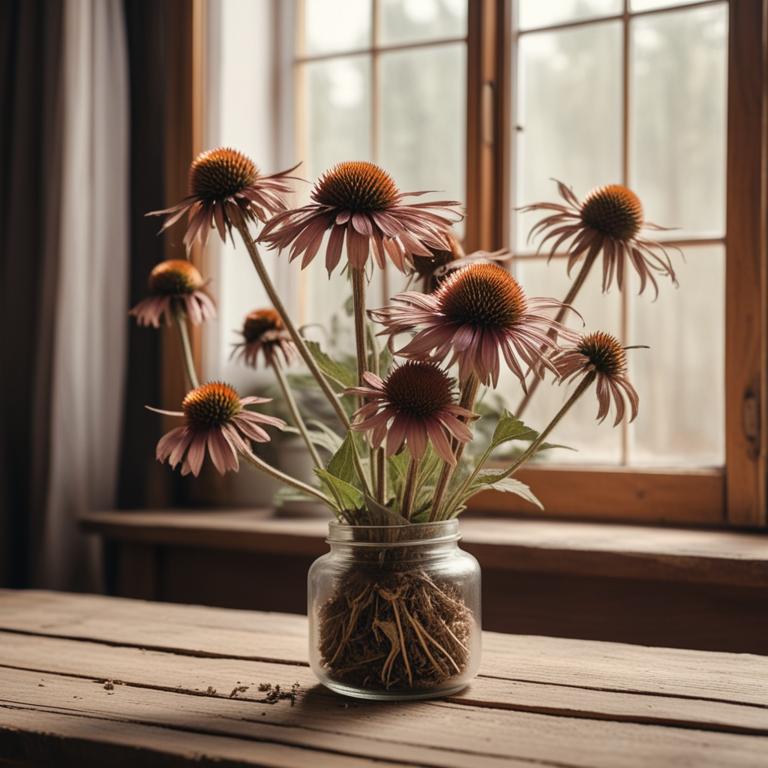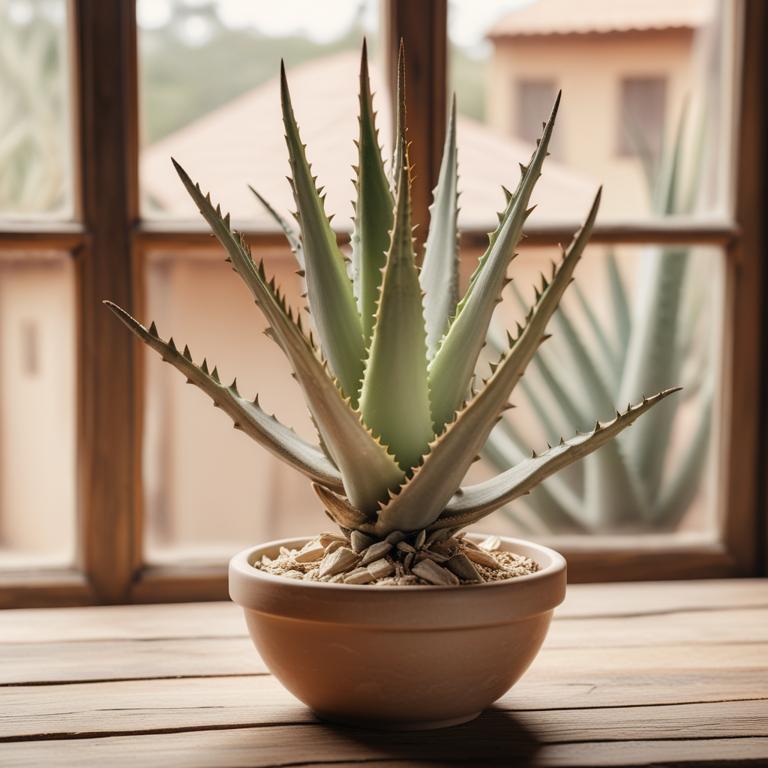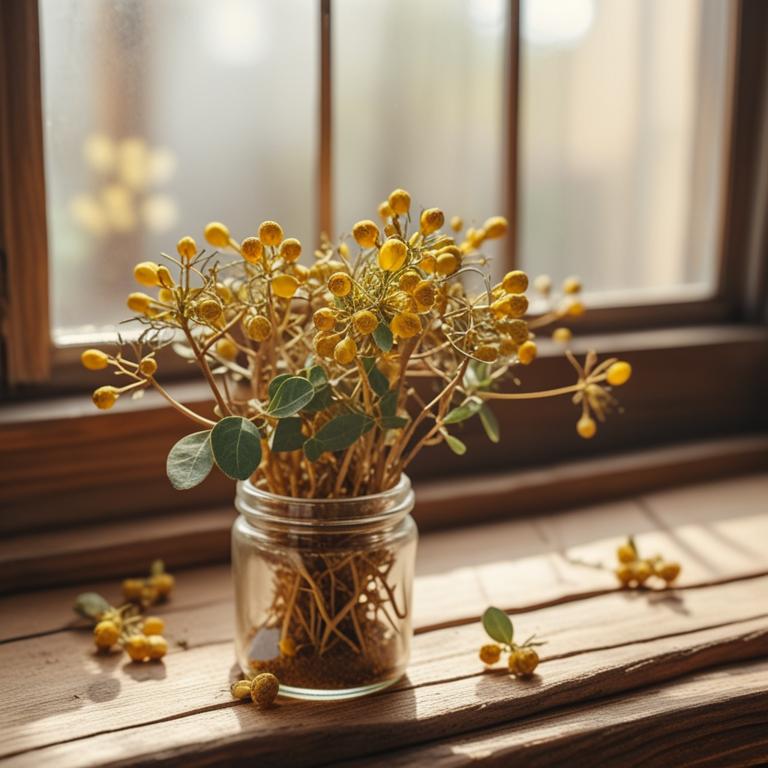Updated: Dec 1, 2024
Oily Face: Causes and Natural Remedies Using Medicinal Herbs and Herbal Preparations
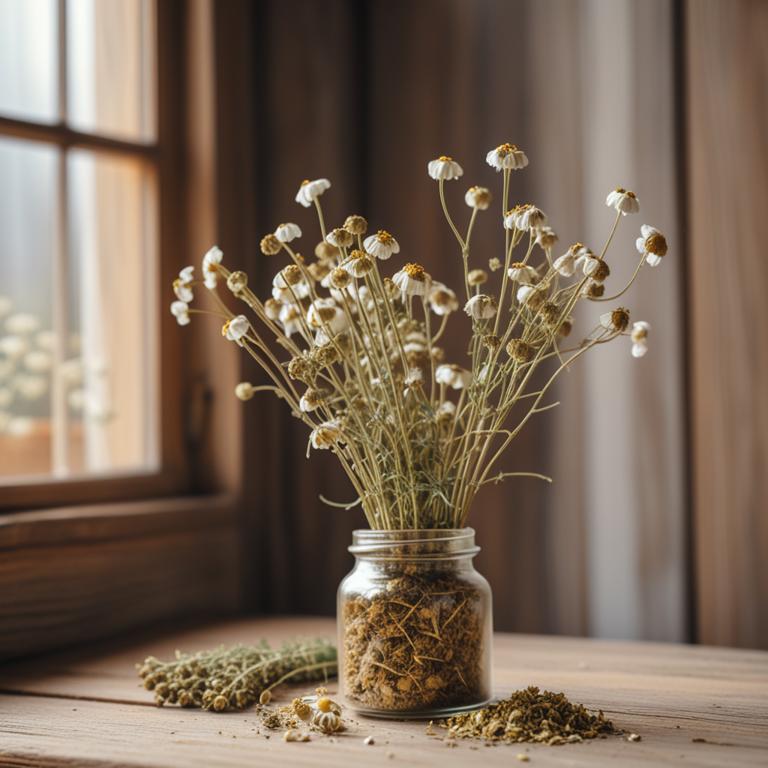
An oily face can be a real hassle, causing you to feel self-conscious and uncomfortable in your own skin.
It's when your skin produces too much oil, leading to a greasy, shiny appearance and often causing acne and blackheads. This can affect not just your appearance, but your confidence too. But what causes it?. Well, it's usually a combination of genetics, hormonal changes, and even the products you use on your skin.
When it comes to treating an oily face, herbal remedies can be a natural and effective way to balance your skin's oil production. Herbs like tea tree oil, which has antibacterial properties, and aloe vera, which soothes and calms the skin, can be particularly helpful. Green tea, rich in antioxidants, can also help reduce inflammation and prevent breakouts. To use these herbs, you can try making a tea by steeping dried herbs in hot water, then cooling it down and applying it to your skin. Alternatively, you can use a face mask or cream that contains these herbs.
Some people also find that drinking herbal teas, like chamomile or peppermint, can help from the inside out, reducing stress and promoting healthy skin.
Table of Contents
- What are the primary causes of an oily face?
- What are the advantages of using herbal remedies for an oily face?
- What are the essential medicinal herbs for managing an oily face?
- What are the top herbal preparations used to combat oily face?
- What herbs might be counterproductive for someone with an oily face?
- FAQ
What are the primary causes of an oily face?
The main causes of oily face are often a combination of several factors.
One of the main causes is hormonal imbalance. During puberty, the body experiences a surge in hormones, particularly androgens, which can stimulate the oil glands, leading to excess oil production. Additionally, hormonal fluctuations during menstruation, pregnancy, and menopause can also cause an oily face. Another factor is genetics. If your parents have oily skin, you're more likely to have it too.
This is because genetics can influence the size and shape of oil glands, as well as the production of sebum, an oily substance that helps to moisturize the skin. Stress is another common cause of oily face. When you're stressed, your body releases hormones like cortisol, which can stimulate the oil glands and increase sebum production. This can lead to clogged pores and acne. Lastly, a poor diet can also contribute to an oily face. Consuming foods high in sugar, salt, and unhealthy fats can lead to inflammation and increase sebum production.
Additionally, a diet low in essential nutrients like omega-3 fatty acids, vitamin E, and zinc can also affect skin health and lead to an oily face.
What are the advantages of using herbal remedies for an oily face?
Using herbs on an oily face can be super helpful.
They can help to reduce excess oil production, which means fewer breakouts and a smoother complexion. Some herbs have antibacterial properties that can help to fight acne-causing bacteria, keeping your skin clear and healthy.
Others have anti-inflammatory properties that can help to calm redness and irritation, leaving your skin looking more even-toned and balanced. Herbs can also help to regulate your skin's natural pH, which can become imbalanced when it's producing too much oil. This can help to prevent irritation and other skin issues.
Additionally, some herbs have natural astringent properties that can help to tighten pores, giving your skin a more refined appearance.
What are the essential medicinal herbs for managing an oily face?
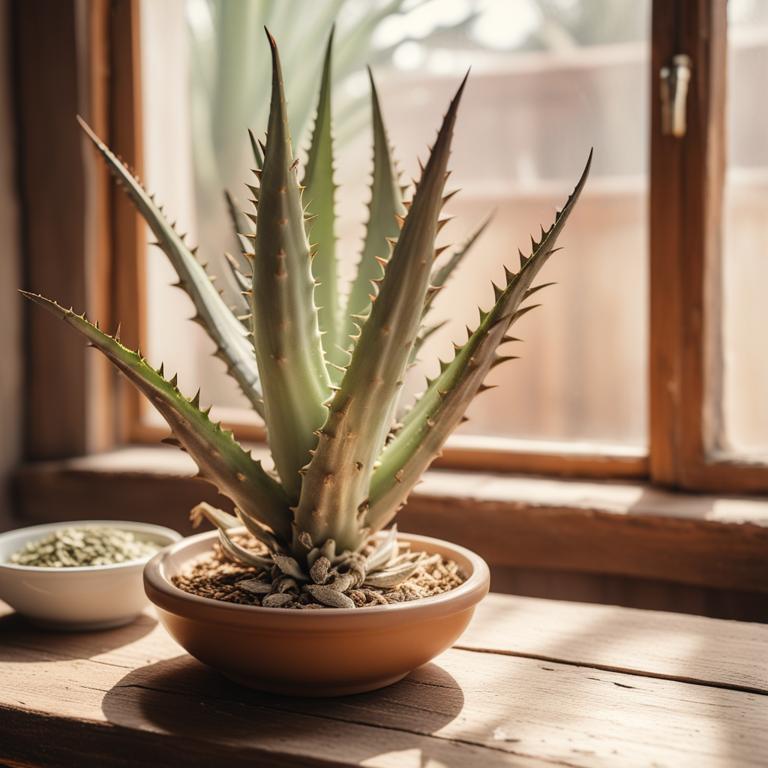
Herbs are great for oily skin because they can help control oil production and soothe inflammation.
Aloe barbadensis, also known as aloe vera, is a natural moisturizer that can hydrate the skin without clogging pores. Its anti-inflammatory properties also help reduce redness and calm irritated skin. Lavandula angustifolia, or lavender, is another calming herb that can help balance oil production and reduce acne-causing inflammation.
Its antiseptic properties also help prevent bacterial infections that can exacerbate oily skin. Rosmarinus officinalis, or rosemary, is a natural astringent that can help tighten pores and reduce excess oil production. Cymbopogon citratus, or lemongrass, has antifungal and antibacterial properties that can help combat skin infections and acne. Calendula officinalis, or marigold, is a natural anti-inflammatory that can help soothe and calm irritated skin, reducing redness and inflammation.
By using these herbs, you can create a natural skincare routine that helps control oil production, reduces inflammation, and prevents skin infections, keeping your skin balanced and healthy.
What are the top herbal preparations used to combat oily face?
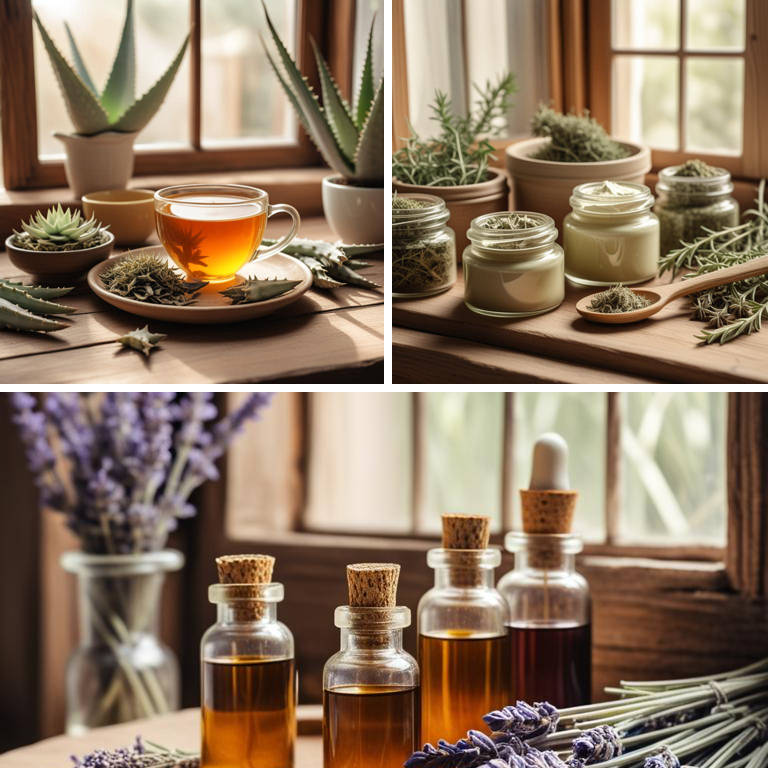
Herbal preparations can be super helpful for oily skin.
Let's take a look at some of the most effective ones. First, tea is a great way to use herbs like peppermint and chamomile to reduce oil production. When you apply cooled tea bags to your face, the active compounds in the herbs can help balance your skin's natural oils. This is because tea is a mild and gentle way to deliver herbs directly to the skin. A decoction is another way to use herbs to control oiliness. It's a bit stronger than tea and involves simmering herbs in water to release their active ingredients. Decoctions can be particularly effective for oily skin because they allow you to use a higher concentration of herbs than tea.
Herbal creams can also be a great solution for oily skin. They often contain soothing herbs like aloe vera and calendula that can help calm and balance your skin. When you apply a cream to your face, the active compounds in the herbs can help reduce inflammation and oil production. Tinctures are liquid herbal extracts that can be used to control oiliness. They're made by steeping herbs in a solvent like glycerin or vodka, which releases the active compounds from the plant. Tinctures can be particularly effective for oily skin because they allow you to use a concentrated dose of herbs. Finally, an infusion is a way to use herbs like green tea and sage to reduce oil production. It's similar to tea, but involves steeping loose-leaf herbs in hot water for a few minutes.
When you apply cooled infusions to your face, the active compounds in the herbs can help balance your skin's natural oils and reduce oil production.
Additional Resources:
What herbs might be counterproductive for someone with an oily face?
If you have an oily face, you might want to use some herbs with care.
For example, Melaleuca alternifolia, also known as tea tree oil, is often used in skincare products because it has antibacterial properties that can help control acne. However, it can be quite drying to the skin, which might make your face even oilier in the long run. Eucalyptus globulus, another herb often used in skincare, has a similar drying effect. It's used to help reduce inflammation, but it can strip your skin of its natural oils, making it produce more oil to compensate. Santalum album, or sandalwood oil, can also be a problem for oily skin. It's often used in skincare products to help calm and soothe the skin, but it can be comedogenic, meaning it can clog pores and make acne worse.
This is especially true if you have oily skin, as your pores are more likely to get clogged. Thymus serpyllum, or wild thyme, is another herb that might not be the best choice for oily skin. It's often used to help control acne and reduce inflammation, but it can be quite drying to the skin, which might make your face even oilier. Hyssopus officinalis, or hyssop, is a herb that's often used in skincare products to help reduce inflammation and calm the skin. However, it can be quite harsh on the skin, especially if you have oily skin. It can strip your skin of its natural oils, making it produce more oil to compensate. This can lead to a cycle of oil production and stripping, which can be hard to control.
As you can see, these herbs might not be the best choice for oily skin, but it's worth noting that everyone's skin is different, and what works for one person might not work for another.
FAQ
Are there any specific herbs that can prevent oily face?
Some herbs like aloe vera and tea tree oil have natural properties that can help control oily skin.
Aloe vera soothes the skin and reduces inflammation, while tea tree oil's antibacterial properties can prevent breakouts that lead to oiliness.
These herbs can be found in skincare products or used in homemade remedies.
Is it safe to use herbal remedies for oily face during pregnancy?
Using herbal remedies for an oily face during pregnancy can be safe if chosen carefully.
Some herbs like aloe vera and green tea are known to be gentle and beneficial. However, others like sage and pennyroyal can stimulate the uterus and are best avoided.
Research the specific herb and follow the recommended dosage to minimize risks.
Are there any herbs that can reduce the frequency of oily face?
Certain herbs like neem and turmeric have been found to help reduce oily skin.
Neem's antibacterial properties help control acne-causing bacteria, while turmeric's anti-inflammatory properties soothe and calm the skin.
Using neem and turmeric in a gentle face mask or toner can help balance your skin's natural oil production, reducing the frequency of oily face.
Related Articles
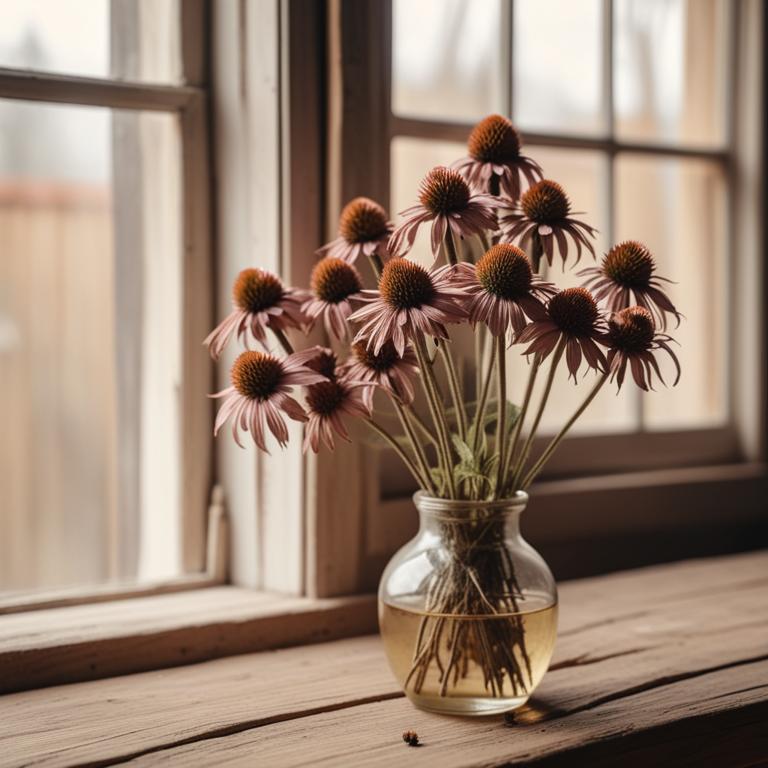
Inflamed Mouth Care: Causes, Medicinal Herbs, and Natural Remedies for Healing
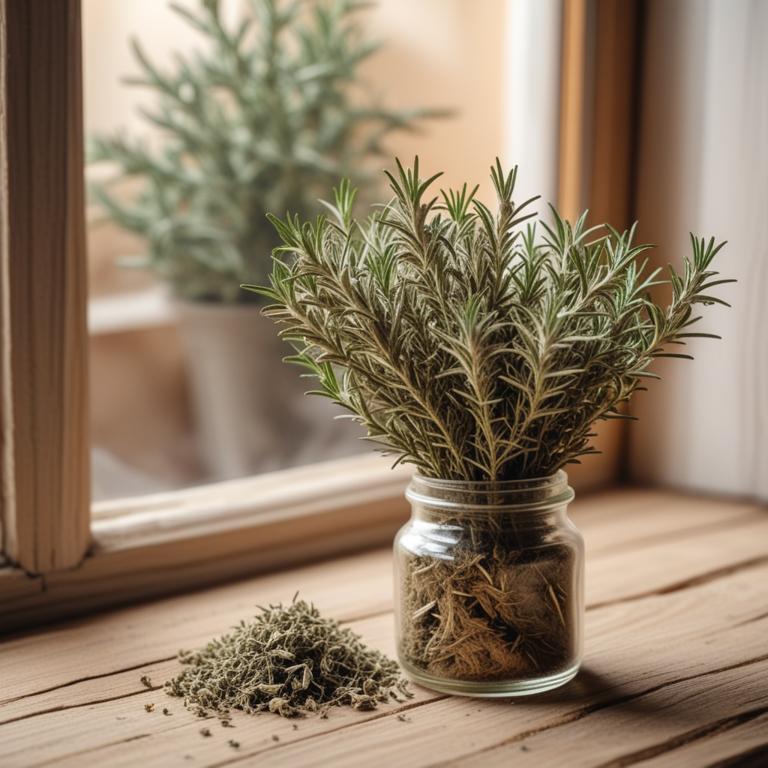
Oily Face: Causes and Natural Remedies Using Medicinal Herbs and Herbal Preparations
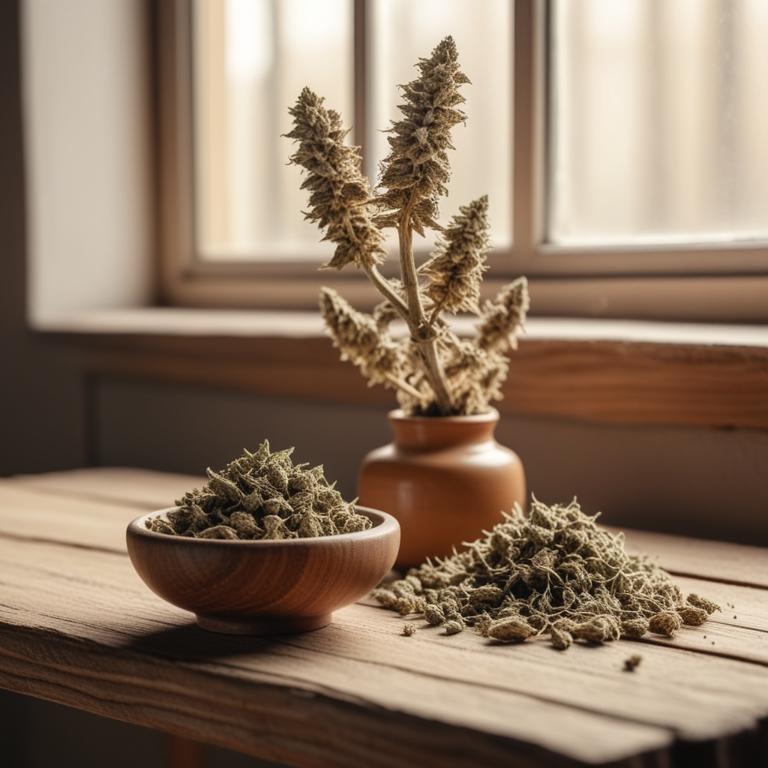
Dry Scalp and Herbal Remedies: Understanding Causes and Treatment Options
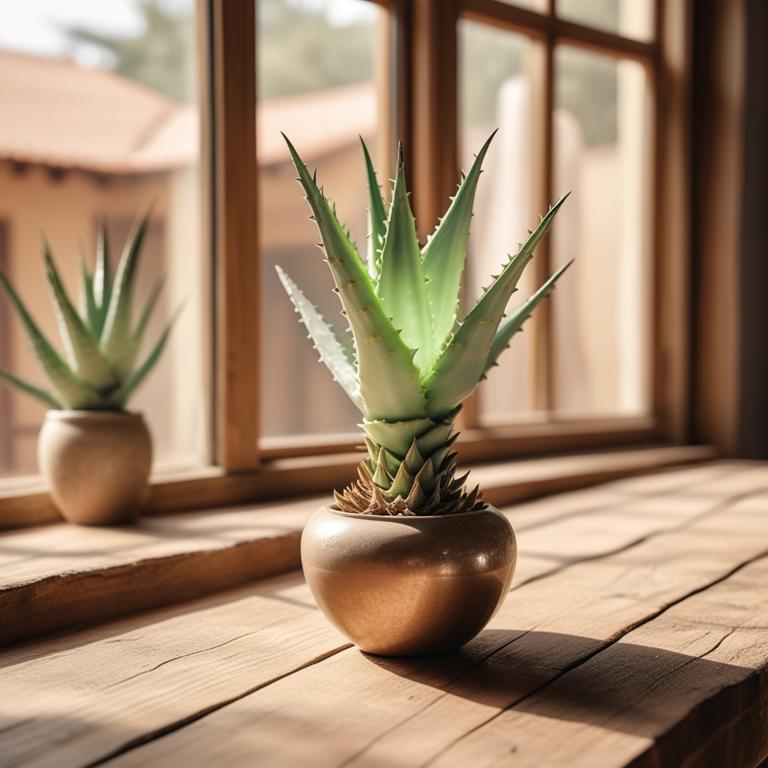
Jock Itch Causes, Symptoms, and Herbal Preparations for Relief
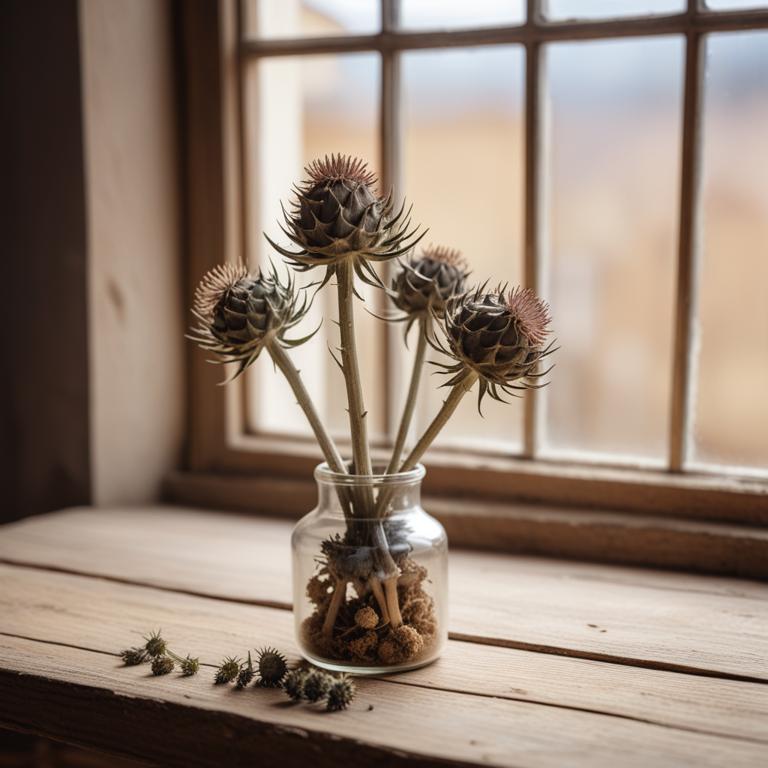
Medicinal Herbs and Herbal Remedies for Dry Lips: Causes and Treatment
